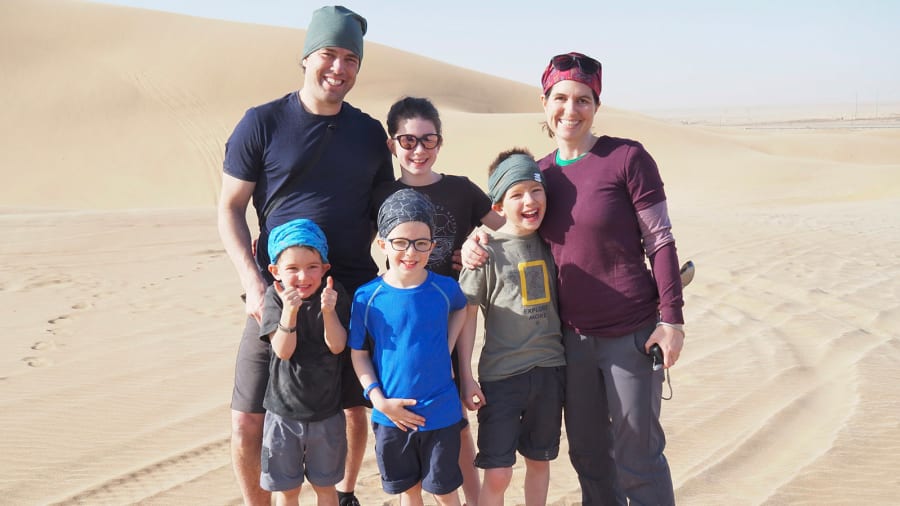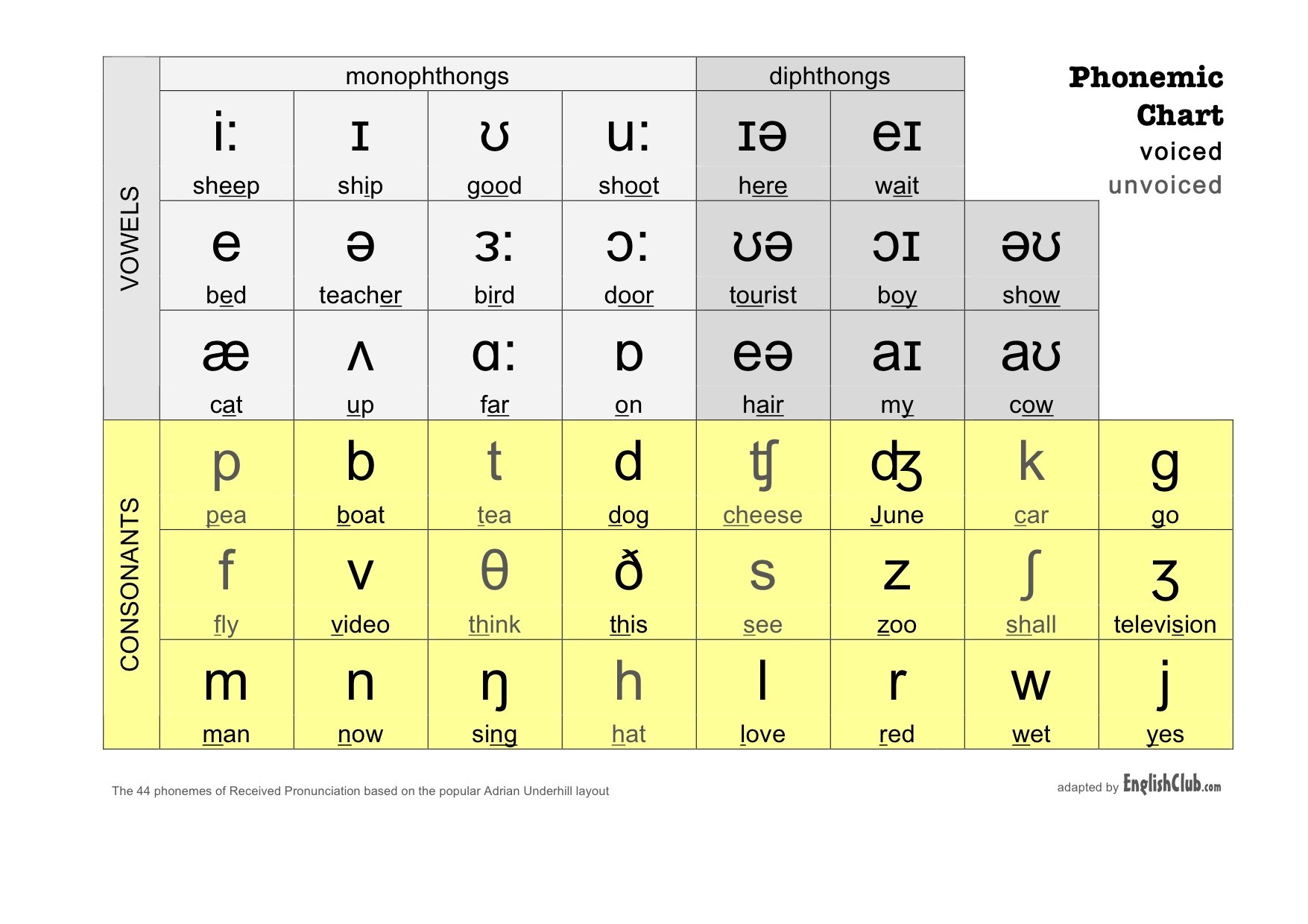
1.
(CNN) — Their daughter Mia was just three years old when Canadian couple Edith Lemay and Sebastien Pelletier first noticed that she was having vision problems. A few years after they first took her to see a specialist, Mia, the eldest of their four children, was diagnosed with retinitis pigmentosa, a rare genetic condition that causes a loss or decline in vision over time. By this point, Lemay and Pelletier, who’ve been married for 12 years, had noticed that two of their sons, Colin, now seven, and Laurent, now five, were experiencing the same symptoms.
2.
Their fears were confirmed when in 2019 the boys were diagnosed with the same genetic disorder; their other son Leo, now nine, was given the all clear. “There’s nothing you can really do,” says Lemay, explaining that there is currently no cure or effective treatment to slow down the progression of retinitis pigmentosa. “We don’t know how fast it’s going to go, but we expect them to be completely blind by mid-life.”
3.
Once they came to terms with the news, the couple focused their attentions on helping their children build the skills they’d need to navigate their way through life. When Mia’s specialist suggested that they engross her with “visual memories,” Lemay realized that there was one truly incredible way that they could do just that for her and the rest of the children.”I thought, ‘I’m not going to show her an elephant in a book, I’m going to take her to see a real elephant,” she explains. “And I’m going to fill her visual memory with the best, most beautiful images I can.”
4.
She and her husband soon began making plans to spend a year traveling around the globe with their kids. While Lemay and Pelletier traveled together frequently before they became parents, and had taken their children on various trips, going on an extended trip as a family hadn’t seemed feasible before.

Where would you like to go, and what would you like to do if you discovered you also suffered from this condition?
5.
“With the diagnosis, we have an urgency,” adds Pelletier, who works in finance. “There’s great things to do at home, but there’s nothing better than traveling. “Not only the scenery, but also the different cultures and people.” They soon began trying to build up their savings, and their travel pot received a welcome boost when the company that Pelletier worked for and had shares in was bought. “That was like a little gift from life,” admits Lemay, who works in healthcare logistics. “Like, here’s the money for your trip.”
6.
The family of six were originally due to set off in July 2020, and had planned an in-depth itinerary that involved traveling through Russia by land, and spending time in China. However, they were forced to delay their trip by a number of years due to the travel restrictions brought about by the global pandemic, and revised their itinerary countless times. When they eventually left Montreal in March 2022, they had few plans in place.
7.
“We actually left without an itinerary,” says Lemay. “We had ideas of where we wanted to go, but we plan as we go. Maybe a month ahead.” Before they set off, the Lemay-Pelletier family created something of a bucket list of experiences for their travel. According to Lemay, Mia wanted to go horseback riding, while Laurent wanted to drink juice on a camel.
8.
“So we’re really trying to make them see things that they wouldn’t have seen at home and have the most incredible experiences.” Aside from witnessing beautiful sights while their vision is still relatively strong, the couple hope that the trip will help the children develop strong coping skills. According to the National Eye Institute, part of the US National Institutes of Health, an agency of the US Department of Health and Human Services, retinitis pigmentosa symptoms usually begin in childhood, and most people eventually lose most of their sight.

How do you imagine things will change for people with disabilities in the future/distant future(especially seeing and hearing impaired)
9.
“They’re going to need to be really resilient throughout their life,” adds Lemay, pointing out that Mia, Colin and Laurent will have to constantly readjust as their eyesight worsens. “Traveling is something you can learn from. It’s nice and fun, but it also can be really hard. You can be uncomfortable. You can be tired. There’s frustration. So there’s a lot that you can learn from travel itself.”
10.
While Mia, now 12, has known about her condition since she was seven, Colin and Laurent found out more recently and are beginning to ask difficult questions. “My little one asked me, ‘Mommy, what does it mean to be blind? Am I going to drive a car?'” says Lemay. “He’s five. But slowly, he’s understanding what’s happening. It was a normal conversation for him. But for me, it was heart-wrenching.”
11.
For Leo, their second eldest child, the knowledge of his siblings genetic condition was “always a fact of life.” Lemay and Pelletier hope that getting to spend time in different countries and experience different cultures will show all of the children how fortunate they are, despite the challenges that may come later in their lives as their sight deteriorates. “No matter how hard their life is going to be, I wanted to show them that they are lucky just to have running water in their home and to be able to go to school every day with nice colorful books,” adds Lemay, who says that all four of the children have adjusted to life on the road relatively easily. “They’re super-curious,” she says. “They easily adapt to new countries and new food. I’m very impressed with them.”
12.
While visual experiences remain a priority, Lemay says the trip has become more about showing the children “something different” and providing them with unforgettable experiences. “There are beautiful places everywhere in the world, so it doesn’t really matter where we go,” she explains. “And we never know what’s going to impress them. We will tell ourselves [they will think] something is wonderful and then they see puppies in the street and it’s the best thing in their life.”
Phonetic Chart





